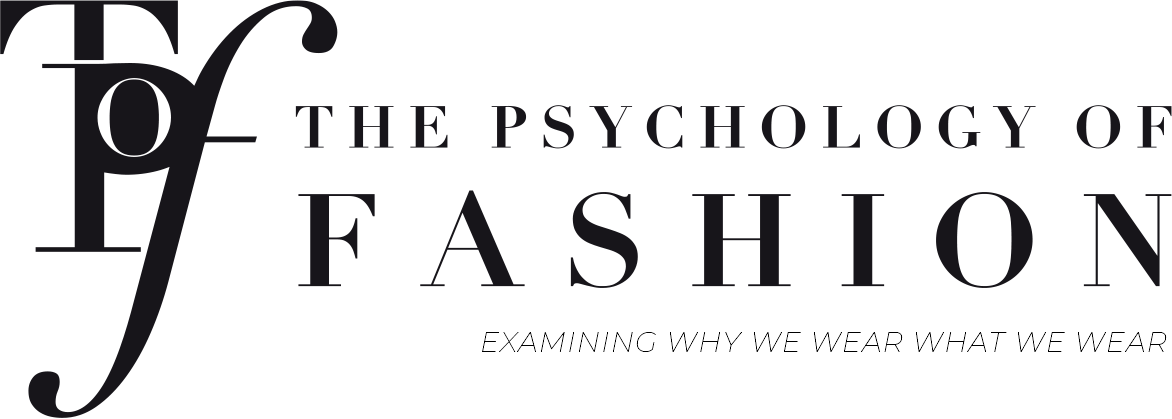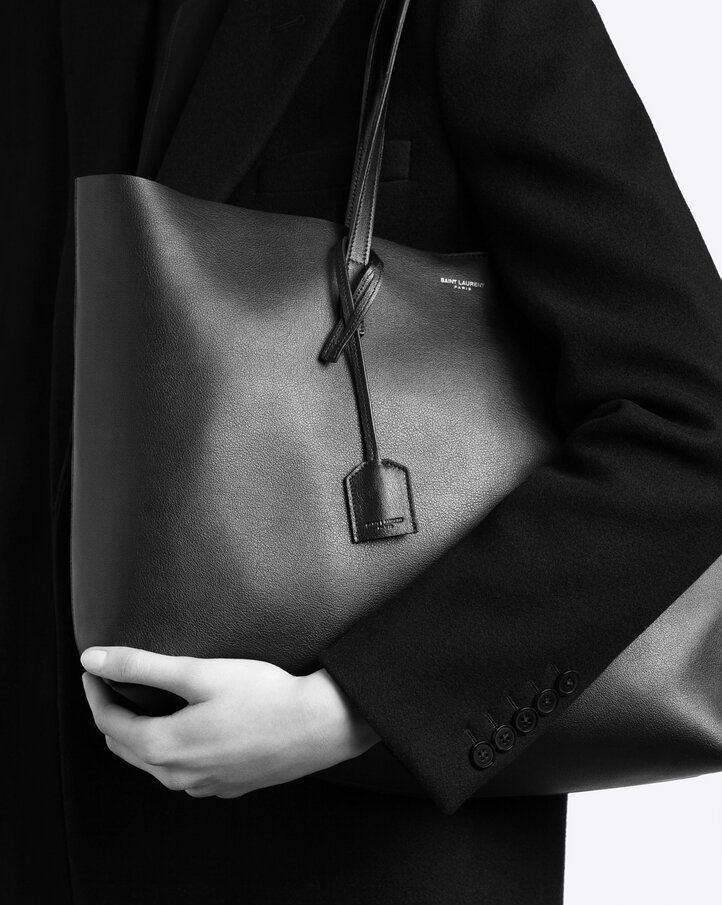“No one ever said on their deathbed 'I wish I'd spent more time at the office’.” That’s a quote that I’m sure you’ve seen on Instagram. And it’s true. And while I know that you’re not supposed to tie up your identity in work — I always have — and I’ve never regretted it.
Here’s where this stems from. Growing up, I had an unstable family life and moved around constantly. At home, no matter how hard I tried to be the best kid I can be, there was always chaos and anxiety. School provided some structure and I always made lots of friends, but moving meant that I had to leave them behind and start again. This lack of stability made me feel powerless — like I don’t have any control over my life.
And so despite in theory wanting to have a family one day, I couldn’t really imagine it. I wasn’t the type of girl that dreamed of getting married in a big white dress—I was career driven. People, an obvious source of pain, were too unpredictable. I wanted to have more control over things I could control, and so I focused on education and professional development. I remember watching Grey’s Anatomy religiously during my second year of college and looking forward to the day when I would graduate, climb the ladder, get to the top, and be able to tell everyone to fuck off. Like Meredith Grey and Christina Yang, I would basically live at the hospital anyway, and could ignore the rest of life.
Moreover, I saw education and career as a meritocracy — finally, an entity where input equalled output. You could be the best daughter, friend or girlfriend in the world, and “they” could still treat you badly. But if you study hard, you’ll get an A. It was a sure thing. And so I loved the hustle. I felt at home in the striving. I remember being at Starbucks at Yonge and Wellesley in my hometown, Toronto, swimming in a Venti drip, devouring my neuropsychology textbook, drawing out neuronal synapses with such love, care and precision, as I knew that this was something I could count on. Freud said that looking back, the years of struggle will always strike you as the most beautiful, and I in looking back on that period, think he was on to something.
Fast-forward 10 years or so, and well, I got married in a big white dress. Love has a way of finding you when you’re not chasing it. Luckily, life saved me from myself, and the isolation I was set on creating. But because of how my emotional worldview was formed, I’ve never stopped looking to work to feel like myself. Thankfully, the spiteful motivations of 20-something me turned into more benevolent motivations in a 30-something me. Now, as the startup founder of PSYKHE, a fashion-psychology recommendation engine that seeks to change how we perceive the role of clothing in our lives, work doesn’t feel like work. Putting energy into a cause that feels fated for you to lead, feels as natural as breathing.
And so, when I became a full-time founder-CEO in September 2019, I bought a new laptop (a 15-inch MacBook Pro) and a new Saint Laurent tote bag in which to carry said laptop. Previously, as a freelance writer, I had no problem stuffing my old laptop into an old brown Louis Vuitton Neverfull (there’s a basicness subtext), as I was usually just going to a café to write alone. But now, knowing I’d be having to attend tech conferences, as well as meetings with VCs and investors, I knew I needed something more on-brand. To me, a minimal black Saint Laurent shopper definitely felt in alignment with the type of fashion-tech founder I wanted to be.
And the past three months, I lived it. In delving deeper into AI, machine learning, and challenging new things like properly using Excel to create 5-year business plans, I felt an aliveness akin to when I was in that downtown Toronto Starbucks drawing post-synaptic cells. I hustled, I strived. I’ve had my early-stage pitch meetings. I spoke at NOAH in London, attended Slush in Helsinki, and TechCrunch Disrupt in Berlin, with my bag, always on my shoulder, housing the laptop that houses the presentation for PSYKHE. My path to self-actualization.
I haven’t given the dynamic of this bag much thought, until Christmas, when work halted. I am extremely lucky to have ended up with the family I have. But for someone like me, the holidays will always be tricky. We all have an idealized gathering in mind, but there’s of course, only so much you can control. You want to play Scrabble, when the others want to talk about politics. You want a pecan pie, they want cherry. On top of that, self-care slowly goes out the window, you drink too much, stop working out, and stop working. You cease doing the things that make you feel like you. (And, I had mostly been going on nature walks and dinners, so was usually wearing small cross-body bags.)
But on the fifth day of the festivities, I walked into my office to use my computer to pay a few bills, and in the corner beside my desk, on the floor, was my periodically abandoned Saint Laurent tote. I picked it up, held the smooth leather, looked inside to see remnants of my work life — travel adaptors, a copy of Inc., an old boarding pass — and felt such a sense of connection and oddly, of coming home.
Conversely, when I am away having an existential off-day at a conference, there’s nothing I want more than to go back to my actual home. But this duality goes to show that no one thing is a be-all and end-all, and that it’s up to us to keep all of our selves equally alive. After all, Freud also said that “love and work are the cornerstones of our humanness”. It just took a bag to remind me that. We might not wish we spent more time at the office on our deathbed, but no can argue against living fully and authentically. In a world that overemphasizes work, career and financial gain for men, and family, love and partnership for women, it’s something we’d all be wise to remember.
Shop in alignment with who you are and who you want to be at PSYKHE. Click here to shop Saint Laurent Tote Bags.











In the world of post-pandemic dressing, one word has taken social media by storm: cheugy (pronounced: chew-gee). In the worlds of fashion and lifestyle, cheugy describes a look, a thing or a person that’s considered out of date.